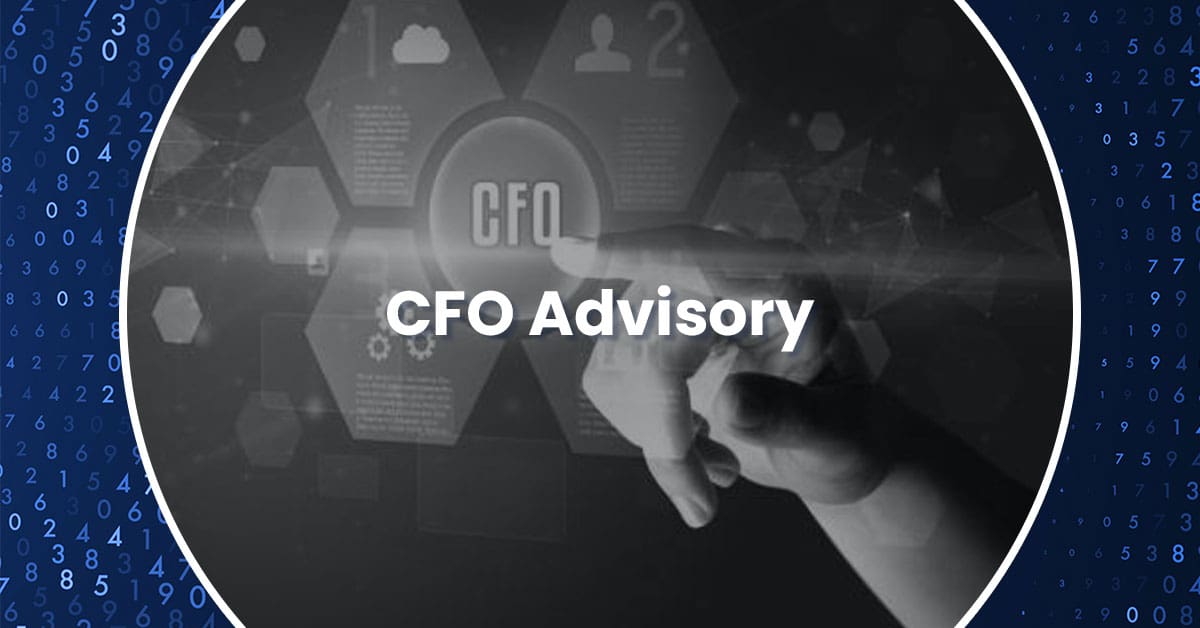Updated 7/30/2019. Cybersecurity does not offer a return on investment — unless you count stable client relations, peace of mind, insurance against the financial, and public relations disaster that can result from digital criminal activity. In other words, cybersecurity is something that your business will hardly notice if it’s functioning well, and deeply regret if it goes wrong.
Harmful effects from data breaches
Data breach can be a crisis for your business in a number of ways. Here are some of the leading financial and relationship impacts it can have on a company.
- The loss of time and productivity while IT teams must sort out and fix the problems and get your business running again
- The humiliating notification of employees, customers and vendors that their sensitive information was possibly compromised
- Management of the public relations nightmare that’s likely to follow
- The investment of the protection systems and protocols that will make your system less vulnerable to future attacks
- The possibility of litigation from customers and others put at risk by the breach
Ways to dodge or minimize the impact of cyber crimes
Fortunately, there are sensible ways to dodge or at least minimize the impact of cyber crimes. Think ahead. Your IT team should put together a cybersecurity plan now, while you have the luxury of time to review and refine it and make the necessary capital investments. After all, you’ll have little time for careful decision-making once an attack has occurred.
Here’s what such foresight should entail.
A response plan to address the steps you’ll take after an incident to patch the intrusion as quickly as possible, contact parties that might have been compromised and trigger your disaster recovery and business continuity planning.
New technologies that will help minimize future attack and mitigate the current risk. This might include remote access technology, data backups, encryption of your most sensitive data in use and at rest, and wireless access.
Risk management strategies, including such physical security tools as fobs or swipe badges for employees, password protection best practices and a process for protecting your data upon employee termination.
Third-Party Threat
The infamous Target department stores breach of 2013 resulted from a hack of a third party vendor of Target. The lesson here is that your business could be at risk of a cyber-intrusion event even if you do everything right — so it’s equally important to understand what precautions your third parties take.
Get Expert Cyber Crime Guidance Now
Of course, you need an expert response team once you’ve had an intrusion. But that’s a little like calling the fire department when your building catches fire but not first inspecting your wiring or installing smoke detectors and sprinkler systems to reduce the risk or minimize the damage in the first place.
You can find dependable third-party expertise in security risk assessment, data loss management and prevention, employee awareness and phishing training, incident response and other components of this challenge.
Your business can’t do without a digital presence — or a well-conceived cybersecurity strategy for controlling the risk of data intrusion and managing a response if such an attack occurs.
David Singletary is a software project manager at Wiss’s CFO Advisory Services Group. With over 20 years’ experience in software implementation and project management, David can be reached at (973) 577-2927 or [email protected].

 Previous
Previous






